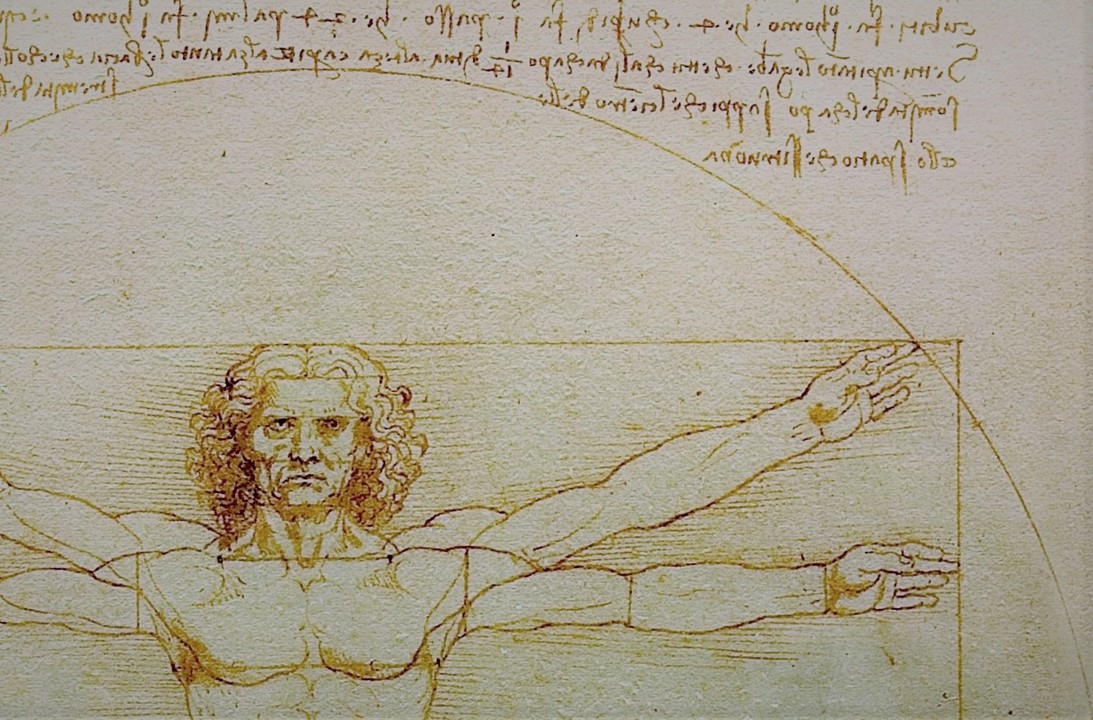
The Human Factor in Archival Management
Record keeping and archiving are uniquely human practices.[1] It is my opinion and experience that the human factor is the pivotal management issue that affects the work of the archivist, the understanding of which is of the utmost importance to the archival manager. I believe that the relationship between management and leadership, and the self-conceptualisation of people as “the archival profession” are the two key aspects that inextricably link the practicalities of archival management with some uniquely human and interdisciplinary facets.
Management vs. Leadership
LinkedIn is replete with memes and articles about the difference between managers and leaders, but let's consider for the purpose of exposition the following comparison:
"Management is the allocation of scarce resources against an organization’s objective, the setting of priorities, the design of work and the achievement of results. Most importantly, it’s about controlling ... Leadership focuses on the creation of a common vision. It means motivating people to contribute to the vision and encouraging them to align their self-interest with that of the organization. It means persuading, not commanding." [2]
They are two sides of the same coin, but must be applied appropriately. The archival manager must apply management principles to the material infrastructures and resources under their control, but leadership to the people and tasks under their responsibility.
In my experience the most highly regarded institutions – archival and otherwise - are the ones lead by people as opposed to the ones managed by systems. In a 2016 article in the Irish Times, marking the official opening of the new Military Archives facility in Cathal Brugha Barracks, Prof Diarmaid Ferriter poignantly yet inspirationally considered the legacy of Commandant Peter Young (RIP):
“When he died suddenly at the age of 49 in 1999, Comdt Peter Young was the subject of an obituary in The Irish Times. Referring to his role as Army officer in charge of the Irish Military Archives, it was observed that his death 'cut short a life that was marked by extraordinary achievement as well as by great promise. Indeed, he left the work which he had overseen for so long poised for yet another major development'." [3]
In this specific instance, one individual influenced, and continues to influence, the ethos of the institution over which he was in charge. From a broader perspective, I find that when it comes to talking about their experiences and opinions of various archival institutions, people will frequently make remarks along the lines of "Jane Doe is very knowledgeable and helpful at such-and-such an archive" or "John Doe does great work with such-and-such a collection." It’s far more difficult to cite instances of comments like: "Do you remember that great volunteer policy document the Military Archives introduced in 1998?" or "I see Dublin City Archives has just introduced an impressive suite of accession, appraisal and donor agreement forms."
According to Caroline Williams, founder of the Liverpool University Centre for Archival Studies "the most expensive and important resources are the personnel whose job it is to help achieve the objectives of the archive service."[4] The self-identification of these personnel as part of the archival profession is key to successfully managing an archive’s material infrastructure and, more importantly, providing leadership to the people who give an archive its unique personality, in order to unite their focus on a common objective.
What makes Archives a profession as opposed to an occupation?
Australian archival lecturer Ann Pederson describes the features that distinguish professions from occupations. These include "claiming and transmitting a specialist core of knowledge, community endorsement and sanction, organized cohesion, structural altruism (asserting a role for client benefit and society’s good), and autonomy coupled with self-regulation."[5] We clearly see in the Irish context that the concept of "the profession" is central to practice. This includes its theoretical framework, the role of professional associations such as the Archives and Records Association (ARA), the profession’s public profile, the professional education of archivists, ethics, research and exploration, and the effect of technology on professional practice.
There is a double hermeneutic at play here that must be understood by the archival manager. Those who identify themselves within the profession define and redefine it. However, being part of this profession defines professional identity. None the less, this two-way relationship creates an archival identity which results in archivists being encouraged to have a sense of ownership over their work. Even at an entry level archival position within a contract-work company, the newly trained Irish archival graduate will already have developed a sense of belonging very much to a niche profession. This is achieved primarily through archival education, as well as collaborative projects with a range of Irish institutions, internships, and initial steps into professional bodies. Throughout all of this, and to the profession's great credit, the human factor is central in what is a uniquely human practice.
Footnotes
[1] As expounded in archival literature by Andrew Flinn and Ben Alexander, for example, in: Andrew Flinn and Ben Alexander, “Humanizing an Inevitability Political Craft: Introduction to the Special Issue on Archiving Activism and Activist Archiving,” Archival Science 15, no.4 (2015): 329-35.
[2] George B Weathersby, “Leadership vs. Management,” Management Review 88.3(Mar 1999): 5.
[3] “Diarmaid Ferriter: Military Archives open window on the revolutionary experience,” Irish Times website, Last modified 4 May 2016, http://www.irishtimes.com/opinion/diarmaid-ferriter-military-archives-open-window-on-the-revolutionary-experience-1.2629664
[4] Caroline Williams, Managing Archives: Foundations, Principles and Practice, (Oxford: Chandos, 2006), 214.
[5] Ann E Pederson, “Chapter 3 Professional archives: A very human enterprise,” in Archives: Recordkeeping in Society, ed. Sue McKemmish, Michael Piggott, Barbara Reed and Frank Upward, (New South Wales: Centre for Information Studies, 2002), 53.
Business Development Consultant (Retired)
5yDaniel, an excellent article which gives a deep insight into the whole area of archiving from a practical and importantly a human point of view. Looking forward to more articles.
Author, Oral Historian, Heritage Consultant and Manager at Cork Folklore Project
5yExcellent Daniel